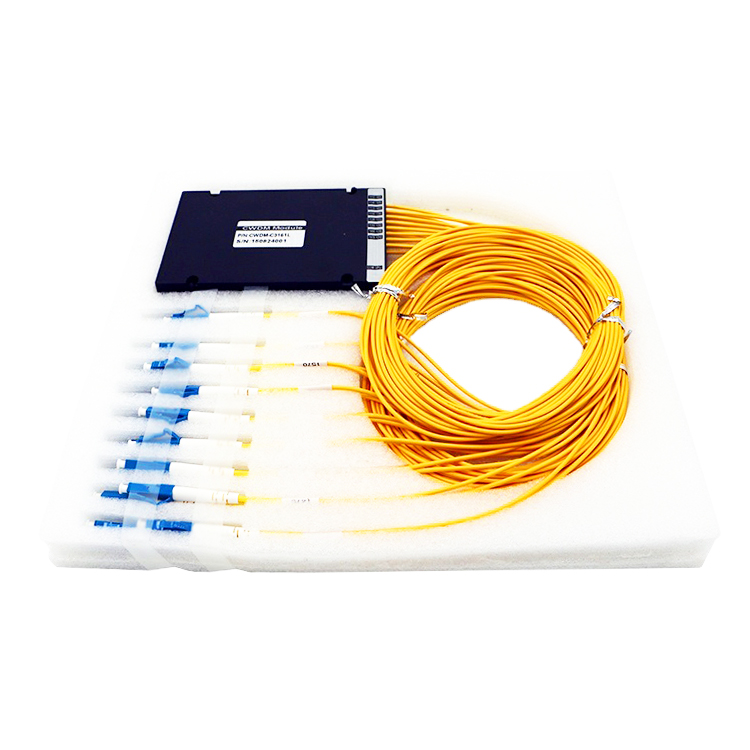
Wavelength Division Multiplexing (WDM) is an advanced technique that has improved the use of fiber optic networks as it permits the transmission of many data signals at the same time through one optical fiber. By making use of a number of different colors of laser light, WDM can effectively increase the amount of bandwidth and is thus an important technology in the area of telecommunications today.
In rural or conventional fiber optic networks, it is common for a single data stream to be carried on a single fiber optic cable. But this is completely altered due to WDM thanks to its ability to divide data streams into different streams each transmitted at different wavelengths. This technology is more applicable to service providers who want to meet increasing demand for bandwidth without installing additional fiber.

With the application of different laser colors, Wavelength Division Multiplexing (WDM) is a most creative technique of sending multiple data over a single fiber. As a result, it enhances the capacity that remains in a fiber optic network with no additional civil works being done. WDM Systems allows bi-directional communications, thereby extending the data volume capacity and making full use of the exported bandwidth. Aiming to enable voice, video and data transfer at the same time, this technology WDM in particular will play an important role in meeting the needs of tomorrow of telecommunication and internet services.
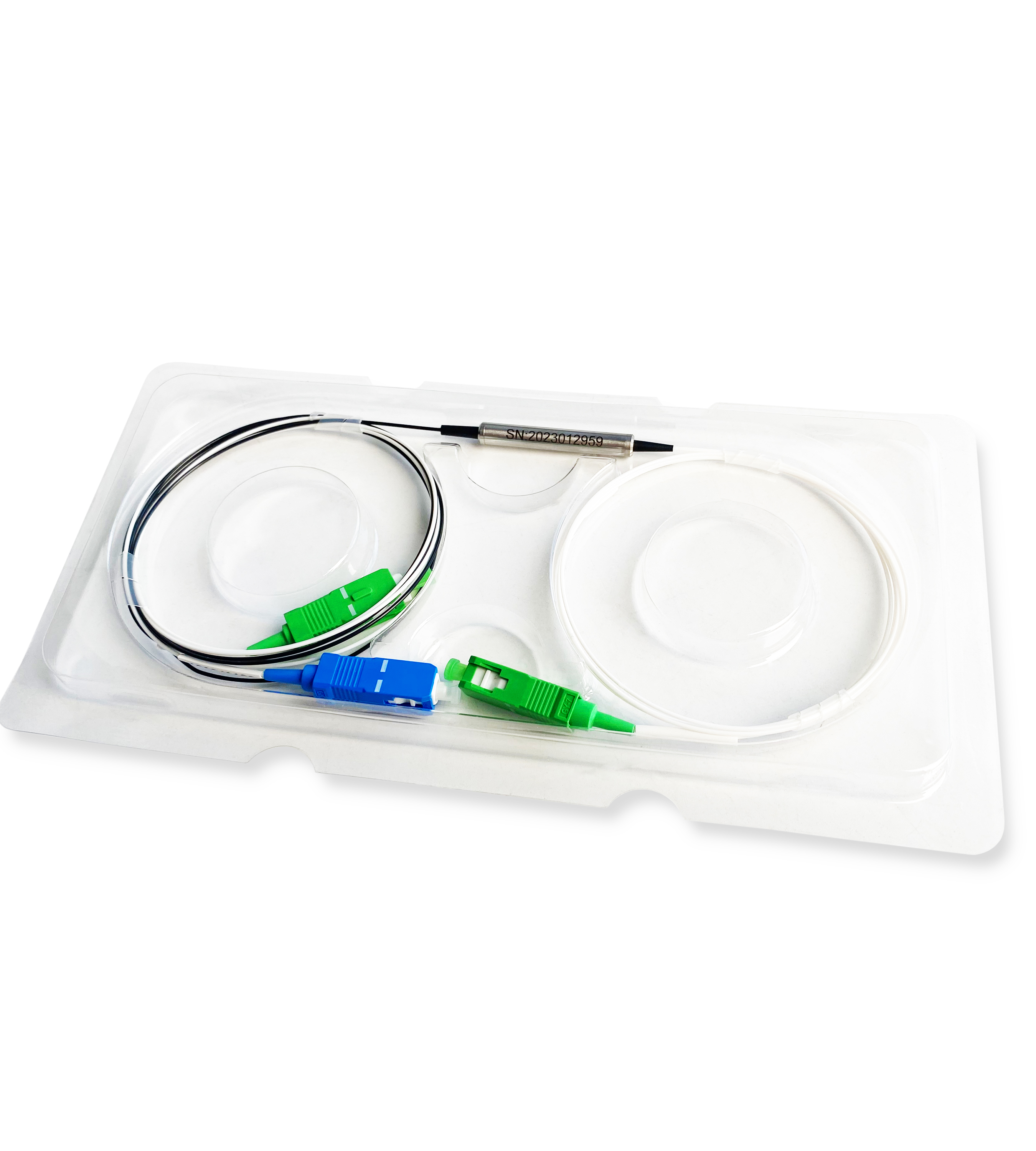
Wavelength Division Multiplexing is a technology that is recognized and utilized in the field of telecommunications for long distance, metro and enterprise connectivity. In long distance applications, WDM operators have the advantage of sending numerous data flows over great distances therefore greatly reducing the number of repeaters and amplifiers. For this reason the application of WDM allows building a metro network with many users and services. Also, WDM can be used for the connection of datacenters and very large remote offices, in enterprise networks. APT develops specific WDM systems according to the type of different applications, allowing companies to operate communication networks without compromising on performance.
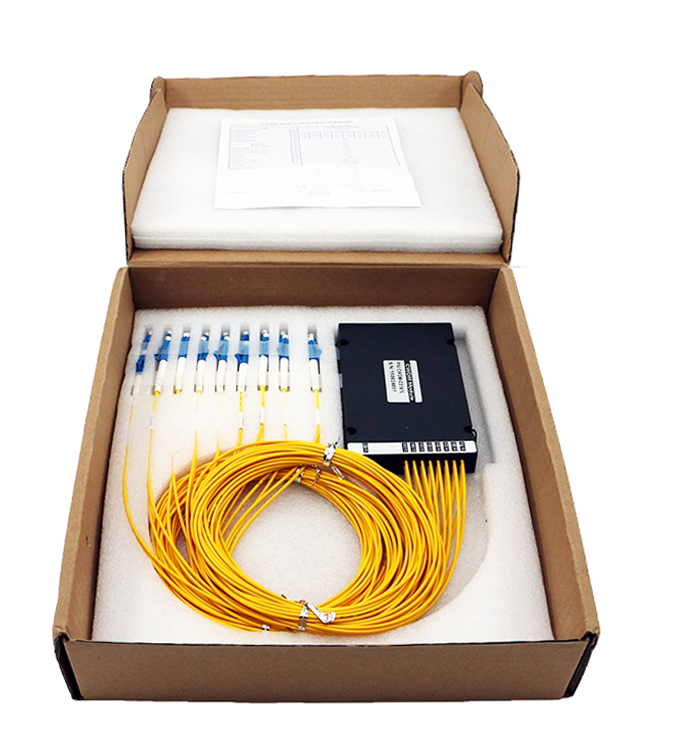
Wavelength Division Multiplexing plays a key role in improving network efficiency by making the optimum use of space in the fiber. Wavelength division multiplexing (WDM) systems further permit the maximum amount of simultaneous connections to a given optical fiber by allowing… different wavelengths to be multiplexed on a single fiber thereby alleviating the congestion and enhancing the performance of the entire network. This type of technology is largely helpful in data centers and telecommunications oceans that require high data rates. APT provides WDM solutions which offer low insertion loss and high reliability so that the network is able to accommodate the growth in demand without degrading the service quality. Due to the increasing user demand for data, it can be said that WDM technology will continually be at the center of development of network infrastructures.
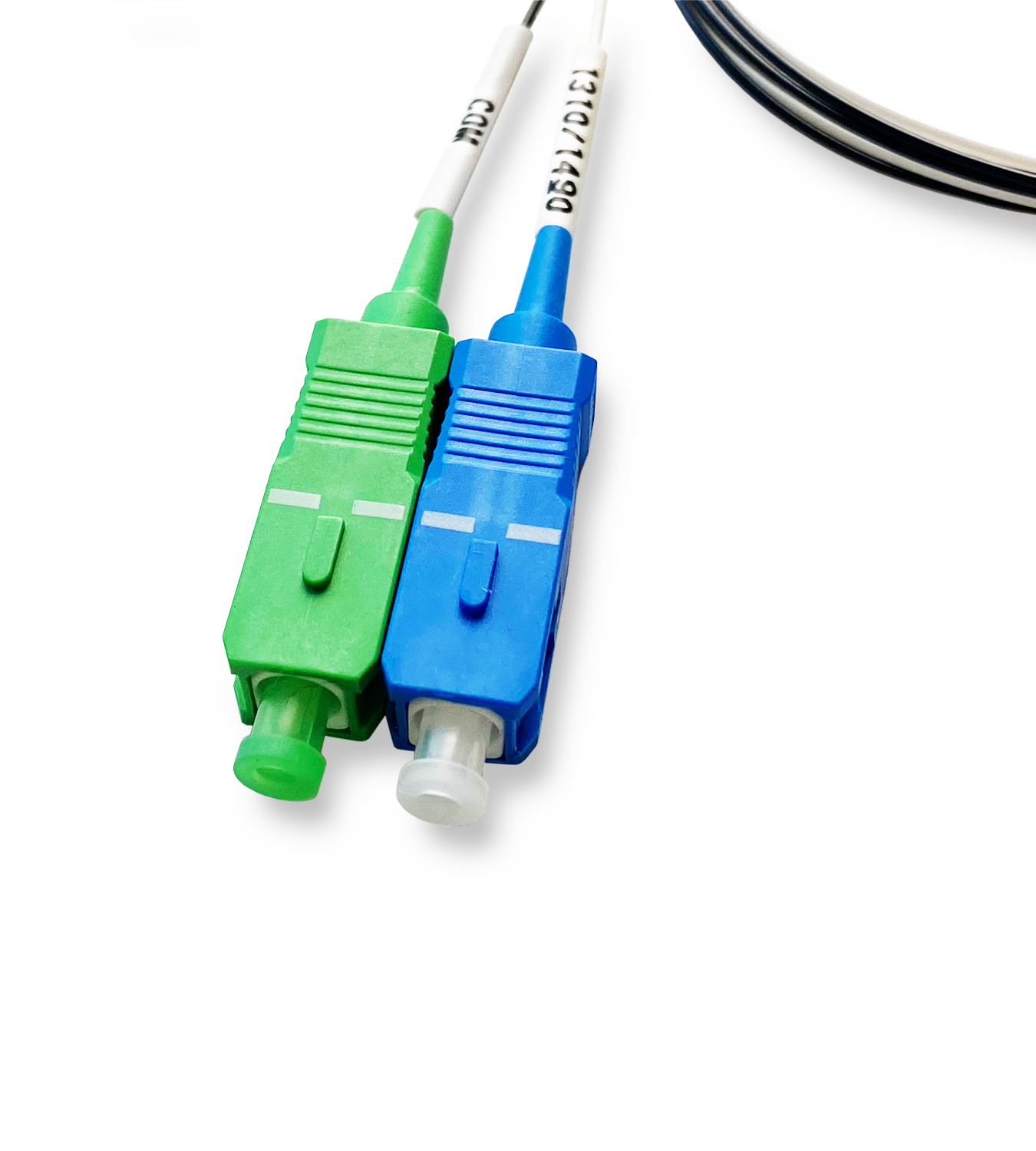
Wavelength Division Multiplexing has many benefits over the old methods which are why it is widely used in modern fiber optic networks. One of the primary benefits is – better utilization of existing fiber infrastructure increasing the amount of bandwidth many times without adding additional fibers. WDM systems can be non-continuous data rate systems that are very much scalable for growth of the network. In addition WDM technology reduces lower line attenuation and hence long distance transmission of data of very high quality. Service providers can also improve their services, cut costs and retain their customers if they utilize WDM technology.
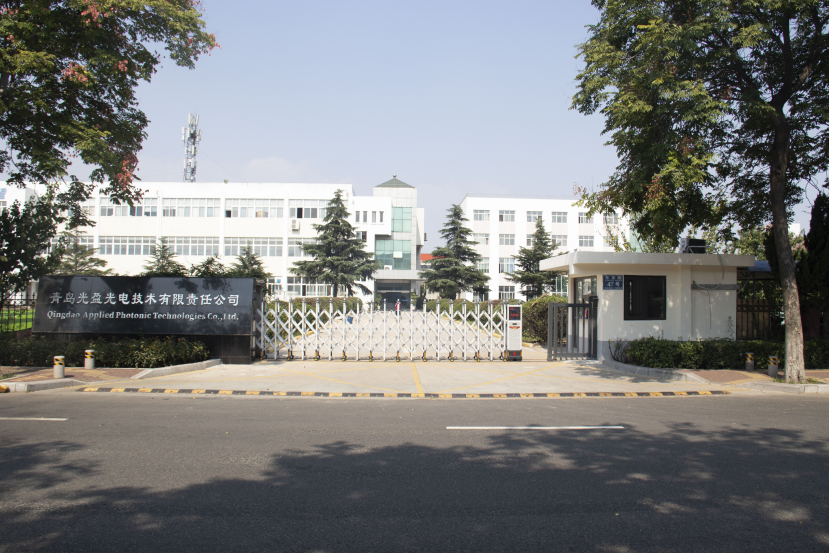
We are pioneers in the Chinese telecommunication network market, offering leading optical communication solutions backed by years of industry experience. Combining advanced North American and European production technology, our team of optoelectronic specialists is dedicated to meeting your optical communication needs. APT is headquartered in Qingdao, with 526 employees, including 1 PhD holder and 28 senior engineers. Our excellent talents and innovative technologies ensure that we provide the most competitive products and services.
Our research and development department is continuously innovating, striving to develop cutting-edge optical communication technologies to maintain our industry-leading position. Our stringent quality control system and advanced production facilities ensure that every product meets international standards, providing customers with high reliability and high performance solutions.
Additionally, our customer service team, comprised of experienced professionals, offers comprehensive technical support and after-sales service. Whether it’s custom solutions or standard products, we can respond quickly to customer needs, ensuring they maintain a competitive edge in the market.
APT not only holds a significant position in the domestic market but also actively expands its presence internationally, with products exported to North America, Europe, and various countries in Asia. We are committed to establishing long-term, solid partnerships through high-quality products and services, working together to drive the development of the optical communication industry.
Providing diverse fiber optic solutions, including patch cords, splitters, and WDM.
Tailoring optical products to meet specific industry requirements efficiently.
Ensuring strict quality control for reliable, durable, and precise fiber optic components.
Utilizing advanced technology to deliver cutting-edge optical communication solutions.
All products undergo rigorous testing to ensure top performance.
Wavelength Division Multiplexing (WDM) is a technology that allows multiple data streams to be transmitted simultaneously over a single fiber optic cable by using different wavelengths (or colors) of laser light. This increases the capacity of the fiber and optimizes bandwidth usage.
WDM enhances network efficiency by enabling multiple channels to operate on the same optical fiber without interference. This means service providers can deliver more data without the need for additional physical infrastructure, making it a cost-effective solution.
There are two main types of WDM: Coarse Wavelength Division Multiplexing (CWDM) and Dense Wavelength Division Multiplexing (DWDM). CWDM uses wider spacing between wavelengths, making it suitable for shorter distances, while DWDM has closer spacing, allowing for higher capacity over longer distances.
WDM technology is widely used in telecommunications, data centers, and enterprise networks. It supports high-capacity data transmission for applications like video streaming, cloud computing, and large-scale data processing.
To assess whether WDM is suitable for your network, consider factors such as current bandwidth demands, future growth projections, and existing infrastructure. A network analysis can help identify if WDM can provide the necessary scalability and efficiency.


Copyright © 2024 Qingdao Applied Photonic Technical Co.Ltd